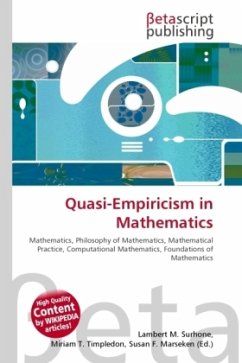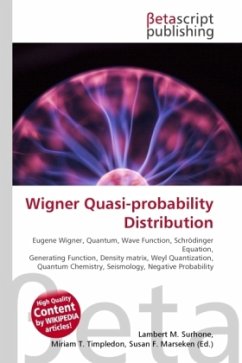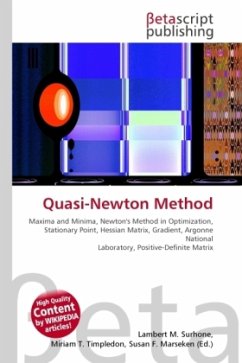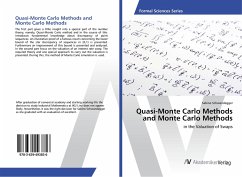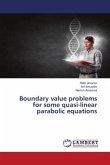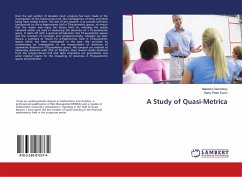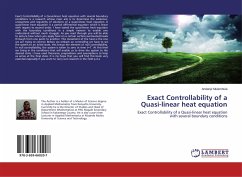High Quality Content by WIKIPEDIA articles! Quasi-empiricism in mathematics is the attempt in the philosophy of mathematics to direct philosophers' attention to mathematical practice, in particular, relations with physics, social sciences, and computational mathematics, rather than solely to issues in the foundations of mathematics. Of concern to this discussion are several topics: the relationship of empiricism with mathematics, issues related to realism, the importance of culture, necessity of application, etc. A primary argument with respect to Quasi-empiricism is that whilst mathematics and physics are more frequently being considered as closely linked fields of study, this may reflect human cognitive bias. It is claimed that, despite rigorous application of appropriate empirical methods or mathematical practice in either field, this would nonetheless be insufficient to disprove alternate approaches.
Bitte wählen Sie Ihr Anliegen aus.
Rechnungen
Retourenschein anfordern
Bestellstatus
Storno

